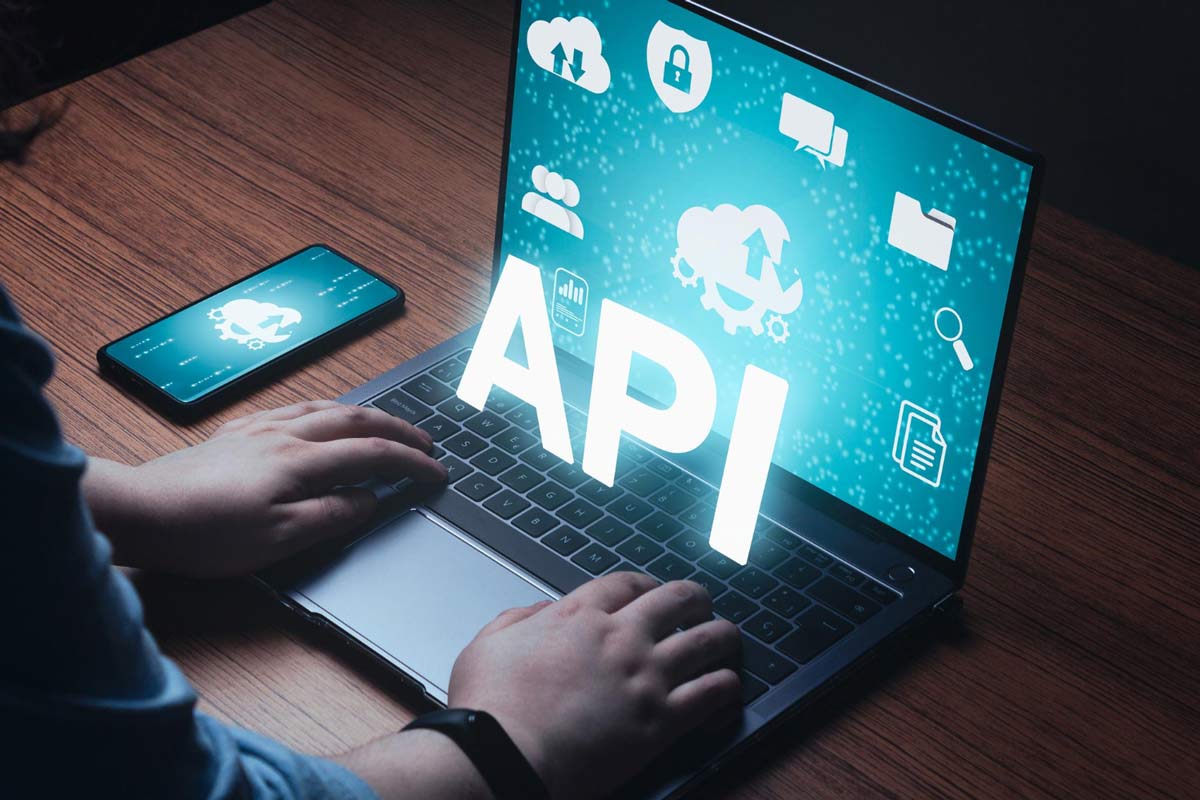In today’s digital-first landscape, APIs (Application Programming Interfaces) are the backbone of modern applications. They enable seamless communication between different software systems, facilitating faster innovation, scalability, and interoperability. However, as APIs become more integral to applications, they also present a significant attack surface for cybercriminals. Ensuring that APIs are secure is no longer optional—it’s a necessity.
This is where API security testing comes into play. By leveraging API security testing solutions and API security testing tools, organizations can identify vulnerabilities before attackers exploit them, ensuring robust protection for sensitive data and critical business operations.
What Is API Security Testing?
Before diving into solutions, it’s important to understand what is API security testing. Simply put, API security testing is the process of evaluating an API to identify vulnerabilities, misconfigurations, and security weaknesses. This includes testing for issues such as:
- Unauthorized access due to weak API authentication
- Data exposure or leaks compromising API data security
- Insecure endpoints vulnerable to attacks like injection or cross-site scripting
- Misconfigured API permissions or lack of encryption
The goal of API security testing is to ensure that APIs function as intended while remaining secure against both external and internal threats.
Why API Security Testing Is Critical
APIs are often the gateway to sensitive data, including user information, financial records, and intellectual property. If an API is compromised, the consequences can be severe, ranging from data breaches to compliance violations and financial loss. Here are key reasons why API security testing is crucial:
- Prevent Data Breaches: Security testing identifies gaps that could expose sensitive data.
- Ensure Compliance: Many regulations require secure data handling; testing helps meet standards.
- Protect Brand Reputation: Security incidents can damage trust with customers and partners.
- Maintain Application Reliability: Preventing unauthorized API access reduces downtime and service interruptions.
Key Components of an API Security Testing Solution
A robust API security testing solution incorporates several key features designed to cover the entire API lifecycle:
1. Vulnerability Scanning
Automated scanning helps identify common vulnerabilities such as authentication flaws, broken access controls, and insecure data transmission.
2. Penetration Testing
Simulated attacks test how APIs respond under real-world attack scenarios, highlighting weaknesses that automated tools might miss.
3. Endpoint Analysis
API security testing tools often include API endpoint discovery, mapping all active endpoints to ensure none are overlooked or misconfigured.
4. Continuous Monitoring
Security testing is not a one-time activity. Continuous monitoring ensures that APIs remain secure as they evolve and new features are added.
5. Reporting and Recommendations
The solution should provide detailed reports and actionable insights for developers and security teams, enabling rapid remediation.
Best API Security Testing Tools
Using the best API security testing tools is essential for comprehensive protection. These tools help automate vulnerability detection, simulate attacks, and provide actionable insights. Common capabilities include:
- Automated vulnerability detection: Scans for known security issues and misconfigurations.
- Load testing with security checks: Ensures the API can handle traffic without exposing security risks.
- Authentication testing: Verifies that API authentication mechanisms are implemented correctly.
- Data security validation: Ensures sensitive information is encrypted and access is controlled.
Organizations often combine multiple tools for full coverage, integrating them into the CI/CD pipeline to enforce security throughout development.
How an API Security Testing Solution Improves Safety
Implementing a comprehensive API security testing solution improves application safety in several ways:
1. Early Detection of Vulnerabilities
By testing APIs during development and before deployment, security flaws are caught early, reducing the risk of exploitation.
2. Strengthened Authentication
Testing ensures that API authentication best practices are followed, preventing unauthorized access and protecting user identities.
3. Enhanced Data Protection
Security testing validates that API data security measures, including encryption, are properly applied to sensitive information.
4. Improved Compliance
Regular testing ensures that APIs meet regulatory requirements, such as GDPR or HIPAA, avoiding potential fines or legal issues.
5. Continuous Risk Assessment
Ongoing testing allows organizations to adapt to new threats, ensuring that APIs remain secure even as the threat landscape evolves.
Best Practices for API Security Testing
To maximize the effectiveness of an API security testing solution, organizations should follow these API security best practices:
- Integrate Testing into Development: Include security testing in the CI/CD pipeline to catch vulnerabilities early.
- Use Automated Tools: Automate repetitive tests to ensure coverage and efficiency.
- Conduct Manual Penetration Testing: Combine automated tests with manual testing to simulate sophisticated attacks.
- Monitor APIs Continuously: Track traffic patterns, detect anomalies, and respond quickly.
- Validate Authentication and Authorization: Ensure access controls are strictly enforced.
- Encrypt Sensitive Data: Verify that all sensitive information is encrypted both in transit and at rest.
By following these practices, organizations can significantly reduce the risk of API-related security incidents.
Conclusion
APIs are essential for modern applications, but they also introduce significant security risks. A robust API security testing solution ensures that vulnerabilities are identified, authentication is validated, and sensitive data is protected through API security testing tools and best practices.
By understanding what is API security testing and leveraging the best API security testing tools, organizations can safeguard their applications, maintain regulatory compliance, and protect user trust. Investing in API security testing is not just a precaution—it’s a strategic imperative for any organization relying on APIs in today’s digital world.






Comments (0)
Login to post a comment.